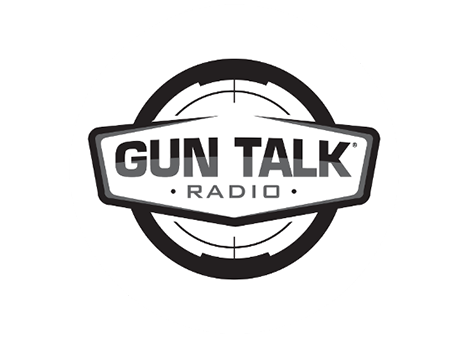
Developing a Culturally Respectful Approach to Firearms Safety Conversations
Many have emphasized the need for mental health providers to have effective, culturally respectful conversations with those they serve. This is especially true when it comes to emotionally loaded conversations – like firearm safety. The current approach to firearms safety conversations is not culturally respectful or effective.
Right now, most clinicians ask about “lethal means” as part of standardized risk assessments. They often ask the question point blank, early in the treatment relationship, before any trust has been built.
To many veterans, asking questions about firearm ownership is like asking women of a certain age how old they are or how much they weigh. As I’ve said before, a perceived threat that someone may take away their firearm can be a serious barrier to treatment. Sometimes, just asking about firearms can lead a veteran to drop out of treatment entirely.
Despite our good intentions, what if asking questions about firearm ownership can increase suicide risk? Specifically, what if the questions we are asking about firearm ownership are actually backfiring, and leading veterans to avoid seeking our help in the first place? What if our questions and our approach ARE a major barrier to many veterans who would otherwise benefit from care? What if this helps in part to explain why 14 out of 20 who die by suicide were not engaged in care?
This is a topic I’ve thought a lot about – and I’ve developed suicide prevention approaches through deep collaboration with Veterans who are firearms experts with lived experience of navigating the deepest valleys of mental warfare. In my book WARRIOR: How to Support Those Who Protect Us, I share warrior-informed insights and approaches that have worked in my healing work with warriors.
I hope you’ll pick up a copy and read it – I wrote this for the healers who support warriors and their families, the caregivers who support warriors at home, those who help advance policy at the national level, and of course, for warriors themselves, to allow them to benefit from the collective insights of fellow warriors who have partnered with me in their healing journeys.
Want to Learn More? Here is a link to where you can pick up a copy of my book WARRIOR
Right now, most clinicians ask about “lethal means” as part of standardized risk assessments. They often ask the question point blank, early in the treatment relationship, before any trust has been built.
To many veterans, asking questions about firearm ownership is like asking women of a certain age how old they are or how much they weigh. As I’ve said before, a perceived threat that someone may take away their firearm can be a serious barrier to treatment. Sometimes, just asking about firearms can lead a veteran to drop out of treatment entirely.
Despite our good intentions, what if asking questions about firearm ownership can increase suicide risk? Specifically, what if the questions we are asking about firearm ownership are actually backfiring, and leading veterans to avoid seeking our help in the first place? What if our questions and our approach ARE a major barrier to many veterans who would otherwise benefit from care? What if this helps in part to explain why 14 out of 20 who die by suicide were not engaged in care?
This is a topic I’ve thought a lot about – and I’ve developed suicide prevention approaches through deep collaboration with Veterans who are firearms experts with lived experience of navigating the deepest valleys of mental warfare. In my book WARRIOR: How to Support Those Who Protect Us, I share warrior-informed insights and approaches that have worked in my healing work with warriors.
I hope you’ll pick up a copy and read it – I wrote this for the healers who support warriors and their families, the caregivers who support warriors at home, those who help advance policy at the national level, and of course, for warriors themselves, to allow them to benefit from the collective insights of fellow warriors who have partnered with me in their healing journeys.
Want to Learn More? Here is a link to where you can pick up a copy of my book WARRIOR